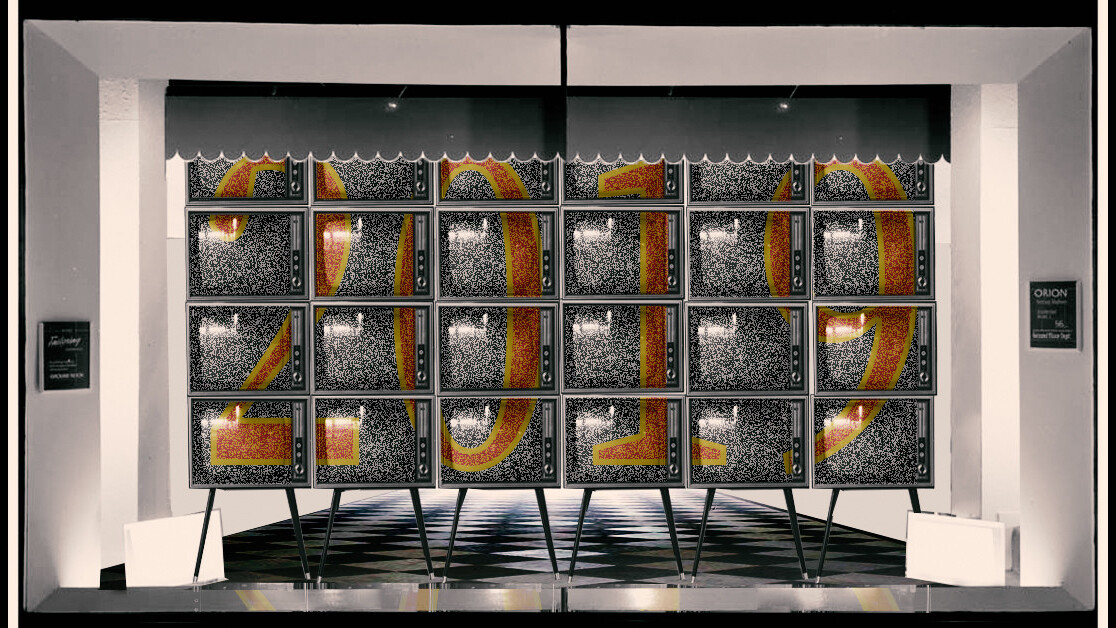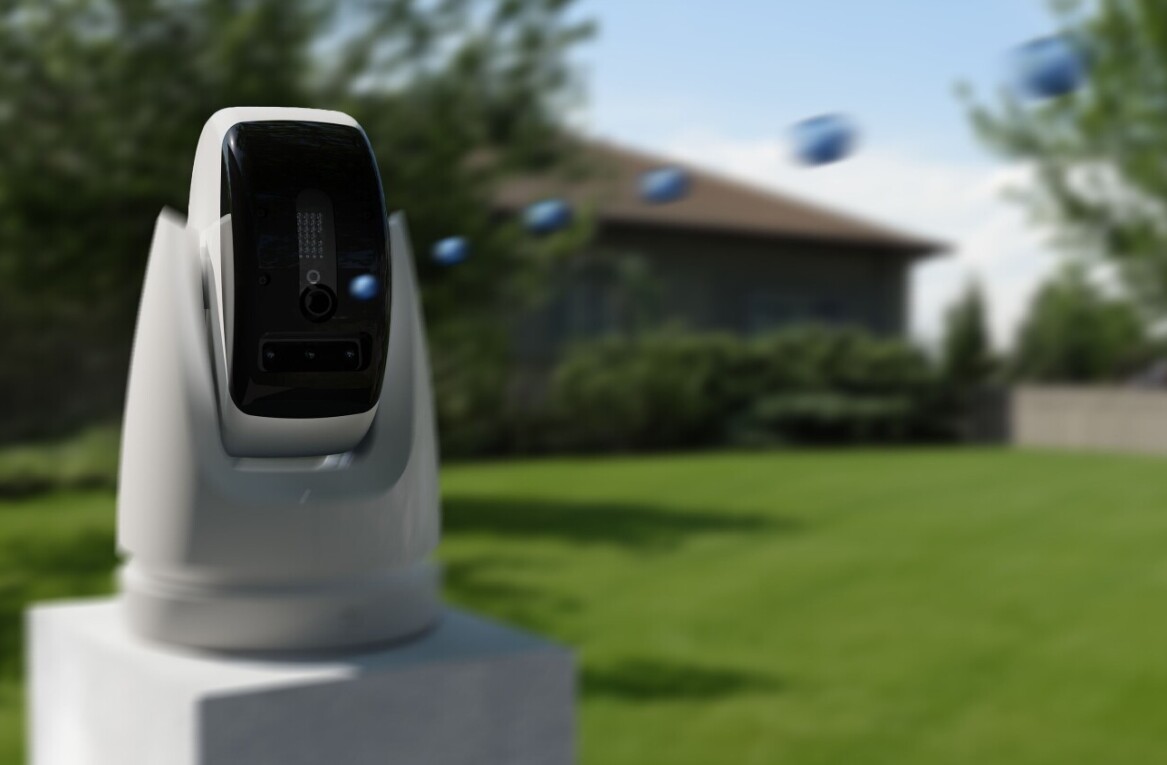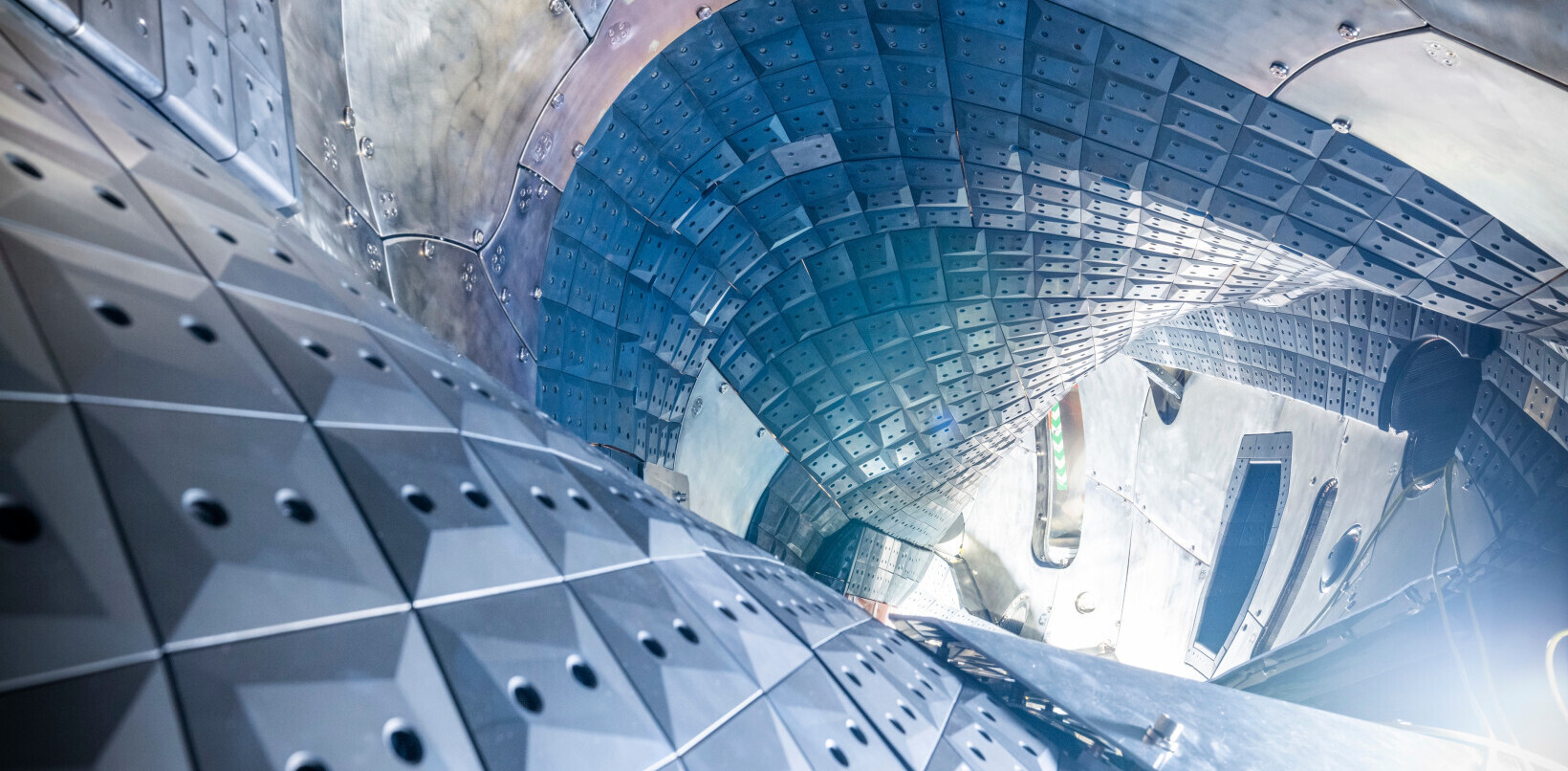
Another year has passed and humanity, for better or worse, remains in charge of the planet. Unfortunately for the robots, TNW has it on good authority they won’t take over next year either. There’s always 2020.
In the meantime, here’s what the experts think will happen in 2019:
Dialpad, an AI startup created by the original founders of Google Voice, tells TNW that all the hype over robot assistants that can make calls on your behalf may be a bit premature. Etienne Manderscheid, VP AI, Machine Learning, for the company says “robots may attempt to sound human next year, but this will work for few domains in 2019.”
He continues:
Despite the hype brought on by Google Duplex and resulting conversations around speech synthesis, true text-to-speech technology will not be able to carry on conversations outside of the specific domains they’re built around for at least another few years. It’s not just a matter of building a system that perfectly reads back written English. To sound human, the AI has to know which words to emphasize, where to pause, where to stutter, and all this requires understanding what is being said.
Dan Sommers, Senior Director, Market Intelligence Lead at Qlik, brings a different perspective. AI may not be ready to replace humans in the workforce, but it’s becoming an invaluable tool across all domains. Sommers told TNW:
In 2019 we will see artificial intelligence evolve to be designed around humans. AI will likely add more jobs than it takes away, eliminating manual processes and leaving workers with the time needed to be empowered by AI.
Across the information value chain – from reading the data, to preparing it, to critically analyzing it with less bias, to presenting contextual results – AI can and will remove many of the bottle-necks that make users give up when tackling intensive data exploration.
Machine learning and telemetry will also capture the power of the collective, which can be fed back in a virtuous loop, further improving and contextualizing the user experience. Ultimately, data and analytics will become more human than ever, with AI in the mix.
Eyal Gura, Co-founder and CEO of Zebra-Med, an AI medical startup, had our favorite prediction. He thinks the market is going to finally begin to normalize so that the wheat (AI that works) gets separated from the chaff (AI that’s all hype). He told TNW:
For 2019, we’ll expect to see that on one hand, the air of the AI hype balloon is depleting for companies who have been using AI as a buzzword, as the industry realizes that startups need to have actual products, business models and sufficient funding, aside from AI. While on the other hand, we’ll see a natural healthy evolution of some companies, and the beginning of strong revenue streams with economic use cases. This will expand and scale in 2020-21 to gradually meet the early AI hype expectations.
Rana el Kaliouby, CEO and co-founder of Affectiva and returning expert for TNW’s annual AI predictions, was feeling especially prescient this year. She took a deep gaze into her crystal ball (or whatever it is that AI experts do) and told us:
2019 will be the year of the new social contract between people and AI.
As AI takes on more roles in society – especially roles traditionally held by humans – we need to outline a new social contract between people and AI. Our relationship with technology is changing, from the way we interact with virtual assistants like Alexa or Siri at home, to the way we work alongside AI, across industries spanning healthcare, automotive, advertising, recruitment, and many others. This requires an entirely new mentality around the relationship between people and AI.
I believe that two-way trust is at the center of this social contract – not just people being able to trust AI, but AI trusting its human counterparts in return. In the same way that two co-workers can only be successful if each trusts the other to do their respective role, AI and people will only have productive relationships if the same is true. But, mutual trust between AI and people can only be achieved if AI is built with an ability to understand all things human – including people’s emotions, cognitive states and the like – and respond accordingly, showing understanding and empathy.
Human perception will be a key criterion from which people judge and select AI
In the workplace, “soft” skills are becoming increasingly important – in fact, 77 percent of employers say that soft skills are just as important as hard skills, and studies show that people are more successful if they have interpersonal skills. Why? We trust these people more – whether we’re trusting them as a coworker, a client, a customer service representative, or in any other business interaction.
The same standard is becoming true of AI. As AI increasingly takes on roles in the workplace, it will be judged not only on its IQ, but EQ – emotional intelligence – and ability to perceive and understand all things human. The ability to understand human emotions and cognitive states will become part of the criterion from which AI is judged, as companies make decisions on which AI solution to select for their workplace, and even as consumers decide between systems like virtual assistants or smart speakers to have in their homes.
And, finally, Forrester’s Michele Goetz, not only an AI expert but also a expert in making predictions, also returns this year. She wrote, in a blog post, that in 2019:
Forrester predicts that firms will address the pragmatic side of AI now that they have a better understanding of the challenges and embrace the idea that “no pain means no AI gain.” The AI reality is here. Firms are starting to recognize what it is and isn’t, what it can do and what it cannot. And they are seeing the real challenges of AI versus what they assumed the challenges would be. Firms will focus their attention on the data foundations, take creative approaches to building and holding on to AI talent, weave intelligence into business processes, and begin to establish the mechanisms to understanding why AI is acting the way it is.
The pervasive theme is that, much like the cryptocurrency market, the initial AI hype will give away to a sink or swim market in 2019. Only the companies that can make good on their promises will make it.
Bottom line: there’s no AI winter in sight, but don’t expect the singularity any time soon.
Get the TNW newsletter
Get the most important tech news in your inbox each week.





